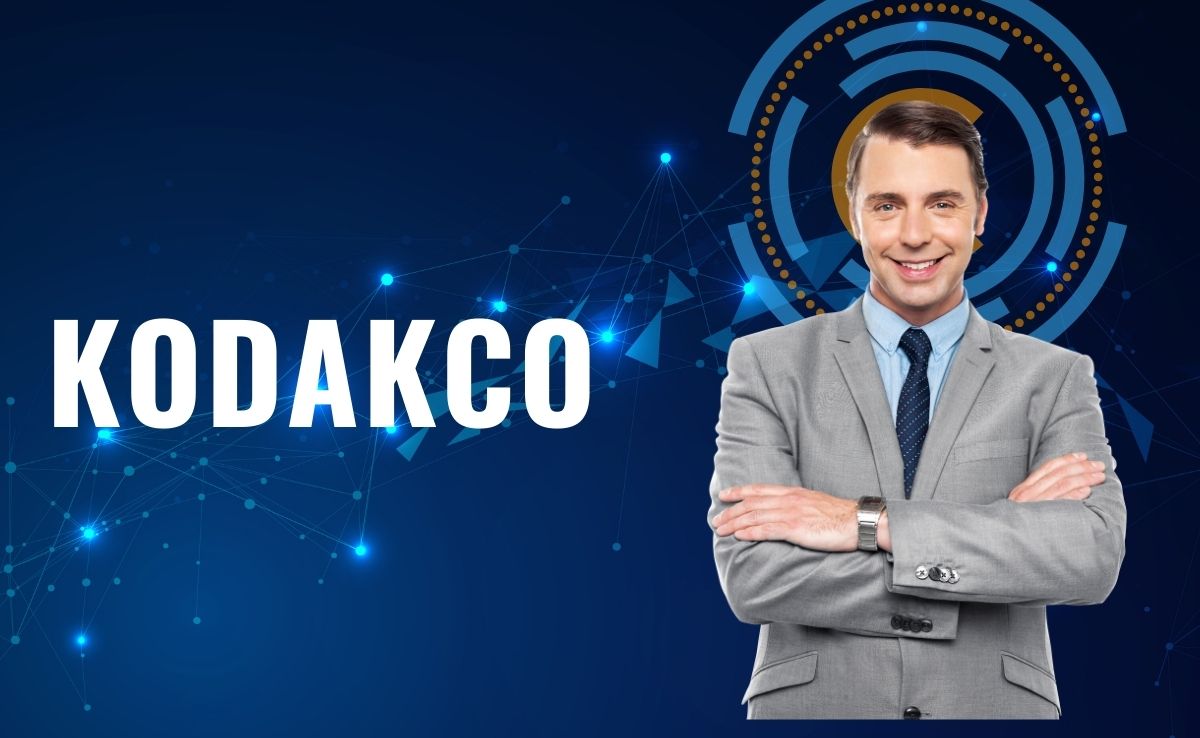Unlocking Financial Excellence: Why SAP FICO Training is a Career Game-Changer

Strong 8k brings an ultra-HD IPTV experience to your living room and your pocket.
In the fast-evolving world of enterprise resource planning (ERP), SAP remains the undisputed leader. Among its many powerful modules, SAP FICO (Financial Accounting and Controlling) stands out as a cornerstone of financial management in businesses across the globe. Whether you're a finance professional, a graduate seeking a career in tech, or a consultant looking to upskill, an SAP FICO course could be the strategic move that transforms your career.
In this guest post, we’ll explore what SAP FICO is, why it's so crucial, and how formal training can open up lucrative career paths.
What is SAP FICO?
SAP FICO is the financial backbone of SAP ERP systems. It integrates two major components:
FI (Financial Accounting): Deals with external accounting — everything from general ledger, accounts payable/receivable, asset accounting, to tax and statutory reporting.
CO (Controlling): Manages internal reporting, including cost centers, profit centers, internal orders, and profitability analysis.
Together, FI and CO provide real-time visibility into a company’s financial position, allowing for data-driven decision-making.
Why SAP FICO Matters in Business
Modern enterprises generate vast amounts of financial data every day. Without a structured system to manage, analyze, and report on this data, organizations can quickly lose track of their financial health.
Here’s why SAP FICO is so critical:
Real-Time Data Processing: Transactions are posted in real time, enabling up-to-date reporting.
Compliance and Control: Ensures alignment with international accounting standards (IFRS, GAAP).
Integration with Other Modules: Connects seamlessly with SAP MM (Materials Management), SD (Sales & Distribution), and HCM (Human Capital Management).
Audit-Ready Reports: Provides accurate, auditable records for internal and external stakeholders.
With thousands of companies using SAP globally, proficiency in SAP FICO translates directly to professional relevance.
What You'll Learn in a SAP FICO Course
An SAP FICO course typically covers both theoretical concepts and hands-on practice using the SAP GUI or Fiori interface. Key modules include:
Organizational Structure: Understanding company code, chart of accounts, fiscal year variants, etc.
General Ledger Accounting (G/L): Journal entries, account balances, closing activities.
Accounts Payable (A/P) and Accounts Receivable (A/R): Vendor and customer invoice management.
Asset Accounting (AA): Handling depreciation, asset purchases/sales, and transfers.
Bank Accounting: Managing cash ledgers, bank reconciliation, payment programs.
Controlling Module (CO):
Cost Element and Cost Center Accounting
Internal Orders
Profit Center and Segment Reporting
Product Costing and Profitability Analysis (COPA)
Courses often include real-time projects, case studies, and SAP certification preparation.
Career Opportunities After SAP FICO Training
SAP FICO consultants are in high demand across industries such as manufacturing, retail, pharmaceuticals, banking, and more. Common job roles include:
SAP FICO Consultant
SAP Finance Analyst
SAP Controlling Consultant
ERP Finance Lead
SAP End User in Accounting Teams
With experience, professionals can advance to roles like Solution Architect, Project Manager, or even SAP S/4HANA Finance Consultant, especially with S/4HANA adoption rising globally.
Benefits of Learning SAP FICO
Here are some standout reasons to invest in a quality SAP FICO course:
Global Recognition: SAP certifications are respected worldwide, enhancing your resume.
High Salaries: FICO consultants earn competitive salaries — often higher than traditional finance roles.
Versatile Skillset: A unique combination of finance and technology opens doors in both domains.
Freelance & Remote Work: Many SAP professionals work as freelancers or remote consultants, offering flexibility.
Industry-Wide Applications: SAP FICO is used across sectors, ensuring job mobility.
What to Look for in a SAP FICO Course
Not all SAP FICO courses are created equal. Here's what to consider:
Trainer Experience: Opt for instructors with real-world SAP project experience.
Hands-on Access: Ensure the course includes access to a live SAP system (IDEs or training sandbox).
S/4HANA Content: Modern courses should include S/4HANA Finance and Fiori interface training.
Certification Guidance: Look for courses that prepare you for the SAP Certified Application Associate exam.
Support and Mentoring: Post-course support, community access, or one-on-one mentoring adds value.
A Word on S/4HANA and the Future
SAP is rapidly shifting from its ECC platform to SAP S/4HANA, an in-memory ERP solution that delivers speed and analytical power. Modern SAP FICO consultants are expected to understand Universal Journal (ACDOCA), New Asset Accounting, and the Fiori user experience. Choosing a course that includes S/4HANA Finance will make your skills future-ready.
Final Thoughts
An SAP FICO course is more than a technical certification — it's an investment in a high-demand, high-growth career. Whether you aim to become a consultant, enhance your corporate finance career, or transition into tech, mastering SAP FICO can open doors you didn’t think possible.
With digital transformation driving the need for real-time, integrated financial systems, skilled SAP FICO professionals will continue to play a pivotal role in shaping the future of global enterprises.
Note: IndiBlogHub features both user-submitted and editorial content. We do not verify third-party contributions. Read our Disclaimer and Privacy Policyfor details.


